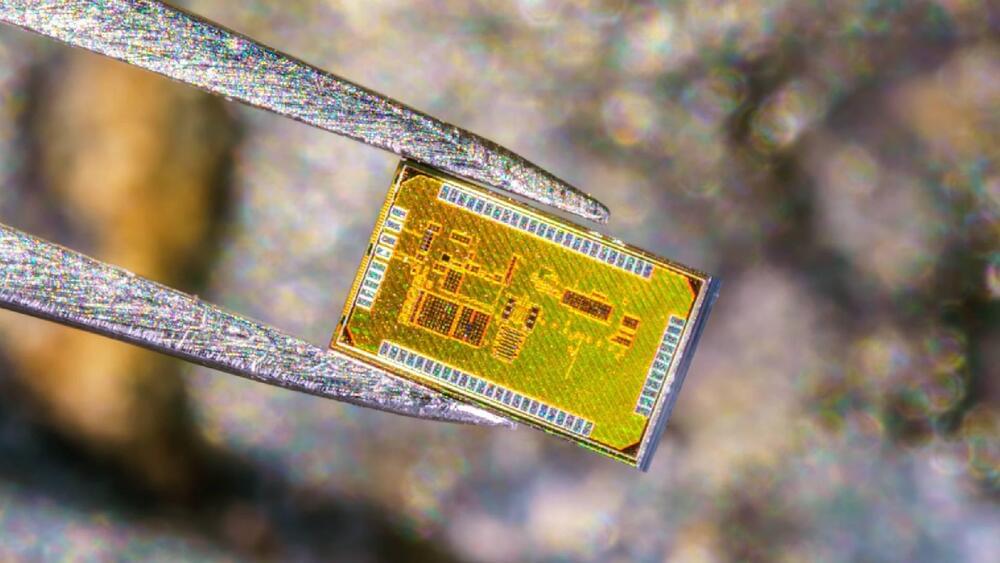The devices would not need batteries because they can harvest power from LTE signals instead.
Radio-frequency identification (RFID) uses electromagnetic fields to automatically identify and track tags attached to objects. This is a feature that would allow you to, for instance, know everything that is in your fridge and when it expires.
A new technology developed by engineers at the University of California San Diego can allow that possibility, according to a press release published by the institution on Tuesday.
The innovation is the first backscatter integrated circuit that can enable wireless communication and battery-less operation coming from a single mobile device.
“This approach enables a robust, low-cost and scalable way to provide power and enable communications in an RFID-like manner, while using smartphones as the devices that both read and power the signals,” said Patrick Mercier, one of the new paper’s senior authors and a professor in the Department of Electrical and Computer Engineering at the University of California San Diego.
